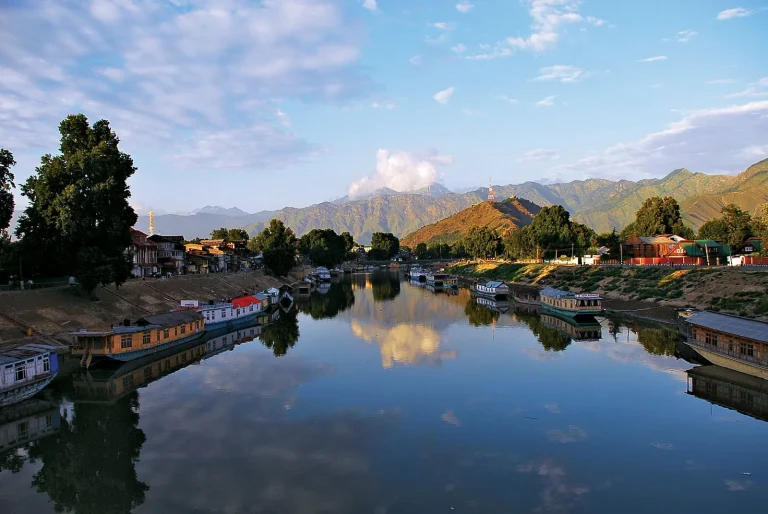
On April 26, 2025, India suddenly released water into the Jhelum River, leading to a sharp increase in water levels near Muzaffarabad. The move, which was unannounced, caused panic among the local population. The local administration promptly declared a water emergency in Hattian Bala and used mosque announcements to alert residents about the increasing risks.
The water surged into the river from Indian-occupied Anantnag and flowed through the Chakothi region, raising significant concerns about flooding and the safety of nearby communities. This unexpected release comes amidst growing tensions between India and Pakistan, particularly with India’s threats to suspend the Indus Waters Treaty, which has survived multiple regional crises.
Water Surge from Indian-Occupied Territory
The water surge, which originated from Indian-occupied Anantnag, swiftly moved through the Chakothi region. This unexpected action has prompted concerns regarding the long-term safety of those living near the riverbanks. Moreover, the move comes in the midst of rising tensions over the Indus Waters Treaty, and India’s threats to suspend the agreement.
India’s actions have raised alarm, as the treaty—once considered a symbol of cooperation between the two nations—now faces unprecedented challenges. Pakistan has expressed growing concern that this escalation could severely impact water-sharing agreements, as the treaty has endured three wars and numerous regional crises.
Pakistan Responds Firmly
In response to India’s actions, Pakistan’s National Security Committee (NSC) issued a strong condemnation. The committee reaffirmed its commitment to take lawful countermeasures under international water law. Moreover, Pakistani officials warned that continued hostilities could further escalate tensions and damage bilateral relations.
Additionally, Pakistan called on international bodies, such as the United Nations, to intervene and prevent the situation from worsening. While the UN issued a brief statement urging restraint, no substantial actions have been taken to address the immediate concerns.
Ongoing Monitoring and Concerns
As the situation continues to unfold, Pakistani authorities are closely monitoring the water levels in the Jhelum River to ensure public safety. Efforts to mitigate flood risks are ongoing, and authorities are taking measures to protect affected communities. Pakistan hopes that international bodies will act decisively before the crisis worsens.